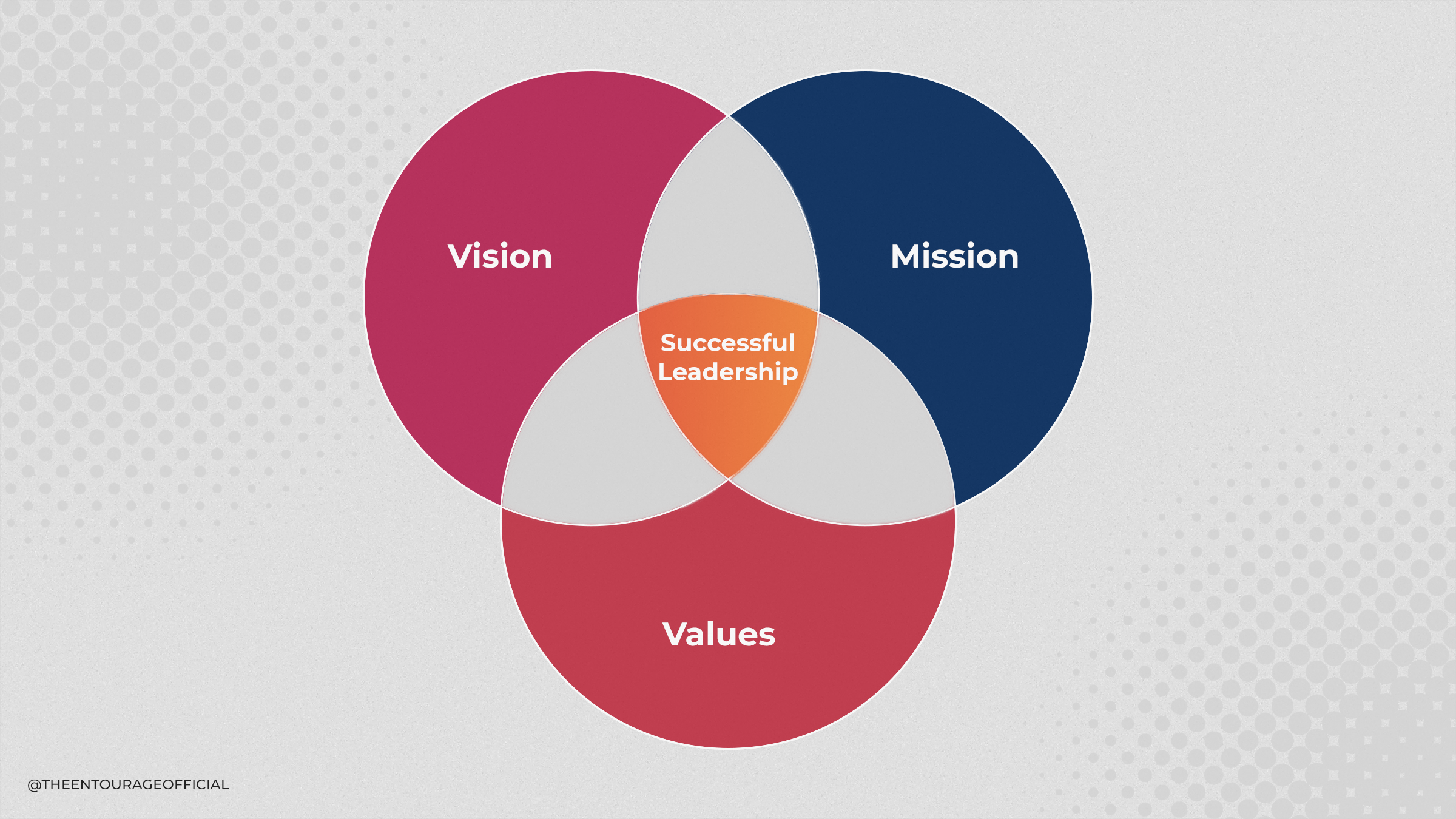You may have started your business with an idea and a lot of energy. To take your business further, to attract investors and partners, you will need a business plan.
What is a business plan? How detailed does it need to be? What if you don't know where your business is going to go?
Writing a business plan can be challenging, but the benefits of taking a step back and giving yourself a wide-eyed view of your business’s future are worth the effort.
We’ll give you some help and tips on what to include in your business plan, and how we can help you create one.
What is in a business plan?
A business plan is a formal, written document that describes, in detail, how a business defines its objectives, what it wants to achieve and how it is going to achieve them. It is a written roadmap to inform potential business partners, investors, and the staff employed by the business.
This blog will detail each section in a good business plan, and give you tips on making them read well.
Executive summary
Arguably the most important part of your business plan is where you summarise your plan so well that potential investors, business partners and more, want to read on and get to know your business better. If you have a weak executive summary, you will lose people’s interest fast, and no one will understand your brilliant business idea.
Highlight the key points of your plan. Don’t keep secrets or leave people guessing. Tell them, briefly, what is included in the plan. Make them want to read more.
Keep your executive summary to a single page if you can.
Business profile
Who are you? What does your business do? Why are you in business? This information helps people reading your plan connect the dots between your WHY and the vision, mission, and values you have for the business through this business plan.
It can also be helpful for you to clarify your WHY.
Explain what business structure you have now, and if it could change through the plan. Talk about your industry and how you fit into that industry.
This is also an excellent opportunity to give your story, a history of you and your business. It is a chance for an emotional hook for your potential investors to latch on to.
Vision, mission and values
Every business needs a vision, a mission statement, and values which define the business. It helps build your business’s tone of voice, can help direct the marketing strategy, hire people who align with your vision, mission and values, and guide you long-term on where your business has opportunity for growth.
If your vision has an environmental element to it, then your business plan would not be including anything with a significant environmental footprint. It goes against your business’s values.

Product or service market analysis
You don’t release a business plan without research. Understanding the market, including your competition, helps to predict how successful your plan will be.
A well thought out business plan, showing gaps in the market and reasons why you have chosen a particular market to operate in, will show potential investors that you’re aware of the pitfalls, you’ve done your research, and you’re well prepared for the industry or market you’re in.
Such an analysis can also help predict market penetration and potential profit margins. This is all good news for potential investors to read.
Marketing
A business won’t grow without marketing. What marketing are you planning on conducting?
Sure, you can come up with some cool ideas later down the track, but in a business plan, you need to show what kind of marketing you are planning and budgeting for.
Discuss the 4 P’s of your marketing:
- Price - How much will you sell your product or service?
- Product - What is it that you’re going to sell?
- Promotion - What will you do to get your products in front of your target audience?
- Place - Where will you be selling your product?
You can include a SWOT (Strengths, Weaknesses, Opportunities and Threats) plan. This opens up your business plan to show that you've considered all possibilities, what advantages you have, and what obstacles you are aware of and will overcome.
Legal & risk management plan
Are there any regulations or policies you need to adhere to for your business? Do you need licences or police checks?
Do you have a plan in place in case something goes wrong? How will you handle supply chain issues or staffing shortages?
You want to be upbeat with your business plan, but accounting for every contingency is a mature way of thinking, and shows you’re prepared for different situations or circumstances that may appear.
Considering the legal issues or risk management can also reassure any potential investors. You’ve already prepared for any potential challenges, and you have solutions in place.
Operating plan
This details how your business works, such as how you make your products or deliver your services. You need to get into the details of the buildings you lease and any vehicles which may be a part of your fleet. Lay out your supply chain and distribution chains.
This shows the daily running of your business. Don’t get bogged down into your operational, technical details, especially if presenting to an investor. They often want to know it can be done, not how it is done.
Management & personnel plan
This part of your business plan lays out personnel, staff roles, job descriptions and human resources policies, both current and planned for the future.
It can be argued that your people are the most important part of any business, so of course, you include the people in your business plan.
It can show that you have the talent already to cover expansion, or it can indicate that you will be hiring X number of new staff for an expansion within the next 12 months.
Finance plan
This part of a business plan will interest investors, so they know how you’re operating, how your cash flow is, and if you’re a good business to back.
The finance plan includes the costs involved in running your business. Day-to-day might be a bit granular; quarterly is better.
- How much cash flow for you to break even?
- What is your projected cash flow for the next financial year and beyond?
- Do you have funding? If so, what are your repayments like?
- Do you have an accountant and/or bookkeeper?
This part of the business plan not only helps potential investors assess you, but it can also be eye-opening for you. You can take a step back and see the cash flow of your business and make some predictions or financial goals to strive for. While the idea of a finance plan can seem scary, it can also be inspirational.

Action plan
And now it all comes together, and you tell your staff, your potential business partners or investors, how it will happen.
Keep your action plan short. Don’t go more than a page. Be practical, explain how it will happen, and don’t get caught up in the hype with your language.
Have a timeframe and delivery timelines to keep yourself on target and accountable.
Some general tips on how to write a business plan
You know the components of a business plan, but how do you write one? It’s more than just putting words on a screen.
Be professional
Understand that your brand voice might be fun and funky, but a business plan must be a balance between who your business is and being professional to cater to people who you want to reach out to. The people reading your plan may not always be interested in how much of a fun brand you are, but they definitely will want to know, in black and white, where your business is heading. To make sure your plan reads well and makes the right impression, it’s worth having it reviewed or edited by a professional. A fresh set of expert eyes can help tighten the writing, fix inconsistencies, and make your ideas shine. Consider getting your business plan professionally edited before sharing it.
Get feedback from your team
Planning for the future of your business will impact your team, so it makes good sense to check in with them.
They may also have some good ideas for the business that you didn't think of.
Be realistic
It’s good to have dreams and aspirations, but if you dream too wildly, they might not come true. Be realistic about your growth potential. Don't promise to launch your brand in the USA if you are currently only one store in suburban Brisbane.
You might get there one day, but for now, show in your business plan how you will grow locally and then nationally.
Don’t over-promise and under-deliver.
Need some more help? Work with a business coach
Business coaches can help you form a business plan. They have a unique perspective of not being IN your business and also wanting to support your business. They can give you some tough love.
The Entourage has business coaches working with SMBs all over Australia waiting to help you. Having helped 3500+ businesses across 150+ industries before you build the business of their dreams, we’d love to make you our next success story.
Have more questions?
Is there anything else you’d like to know about making a business plan? Did you want to know how to create a plan that takes your business from okay to incredible?
We can help you accelerate your business into a 7-figure beast or elevate your business to a juggernaut of success. Get in touch with us today, and let's get your business planning to succeed.
Related Categories
John Kounas
John is an Elevate Business Coach at The Entourage and is a master of finding opportunities and solving challenges in business, leveraging a wealth of experience cultivated across a variety of industries. In the last 15 years, John has worked across the hospitality industry, in manufacturing operations, and as a credit controller too. Not only does he have experience in building businesses quickly and efficiently with an exit strategy in mind, he understands maximising selling formulas, expediting business efficiencies through world-class systems, improving business cash flow and reducing bad debts, as well as exceptional management of team and targets too. John is passionate, driven and fuelled by success - bringing out the best in you, your people and your business.





